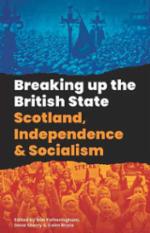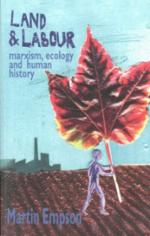The modern countryside is the result of centuries of environmental change, but also brutal class struggle. While Wat Tyler's Peasants' Revolt is well known, and Jack Cade and Robert Kett are remembered for their rebellions, there are countless lesser known struggles.
Modern agriculture, the food we eat and how it is produced, is a direct result of these historic struggles. Martin Empson's new book rescues these forgotten moments of history and places them in the context of the political and economic changes that have taken place over the last 700 years.
Dr Louise Raw, historian and author of Striking a Light: The Bryant and May Matchwomen and their Place in History said:
“When politicians and pundits talk about ‘the economy’ and ‘the market’, what do they really mean? The tenor of debate usually implies these are naturally occurring elements, as unchangeably ‘there’ as the sky above us. This is, of course, one of the greatest cons of our times. Our economic system was created – decisions made and battles fought over the course of centuries brought us to this point. British history is in fact one of unceasing class struggle, as the often-voiceless majority fought for justice and equality against a powerful elite. Our taught history covers only isolated incidents- selected revolts and strikes- in what has been a continuous process. Empson seeks to redress the balance and concentrate on a full sweep of the history of rural class struggle. His book is an essential read for anyone interested in how we, as a nation, arrived at this place of inequality and social division, how it could have been avoided, and what we can, and must, do about it."









